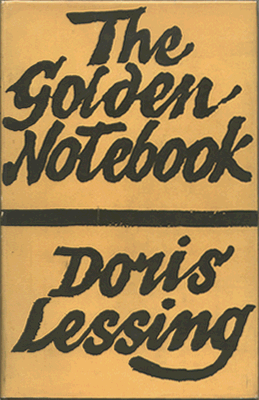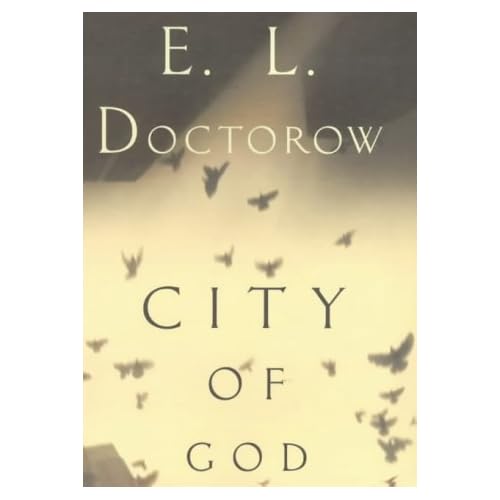 The Moonstone by Wilkie Collins is a 19th century mystery that provided the template for mysteries for many, many years to come, with bumbling policemen, a master sleuth, and amateur detectives all making their appearance. Because it was written in 1868, I was expecting something a bit stuffy, but was thrilled to discover that it was a warm, entertaining book. This is due primarily to Collins' skill at narrating with engaging voices. One of the participants in the mystery decides to put together a written, first-person account of the events surrounding the disappearance of the Moonstone, a huge yellow diamond, and asks various people who were present at various stages of the events to record their eye-witness accounts. So we are treated to a variety of voices. It broke down a little with the testimony of Miss Clack, who is one of those purse-mouthed, religious zealots designed to give religion a bad name. Even so, it is entertaining to see how she tells it from her point of view, but we are capable of seeing through her delusions even though she is not.
The Moonstone by Wilkie Collins is a 19th century mystery that provided the template for mysteries for many, many years to come, with bumbling policemen, a master sleuth, and amateur detectives all making their appearance. Because it was written in 1868, I was expecting something a bit stuffy, but was thrilled to discover that it was a warm, entertaining book. This is due primarily to Collins' skill at narrating with engaging voices. One of the participants in the mystery decides to put together a written, first-person account of the events surrounding the disappearance of the Moonstone, a huge yellow diamond, and asks various people who were present at various stages of the events to record their eye-witness accounts. So we are treated to a variety of voices. It broke down a little with the testimony of Miss Clack, who is one of those purse-mouthed, religious zealots designed to give religion a bad name. Even so, it is entertaining to see how she tells it from her point of view, but we are capable of seeing through her delusions even though she is not.Three reasons you might like this book,
1. As mentioned above, the character of Gabriel Betteredge in particular draws us right into the story with his down-to-earth charm and the misogyny that he professes but seems to be quite incapable of practising.
2. Every time we think the mystery is solved (and I was frankly wondering what the rest of the pages would be used for), a new wrinkle comes along and things get complicated once again.
3. Although it was a contemporary novel at the time of its writing, it now fits in nicely with historicals. Anybody enamoured of 19th century Britain will be well satisfied with the necessarily authentic atmosphere and details. And grateful you didn't live then and there...
Three reasons you might not like this book
This part is going to be hard again.
1. The afore-mentioned Miss Clack. I got so fed up with her, I almost stopped reading. Like I said, I decided to be entertained instead by her profound lack of self-knowledge and general cluelessness.
2. You don't like a book that has a succession of narrators. It would have been fun to stick with Betteredge, I admit, but obviously Collins preferred the freshness of the first person, eye-witness account, even if it meant shifting from one narrator to another. I have mixed feelings about it, myself.
3. There are some plausibility issues. I am very suspicious of the medical evidence, even for the times. And there are a couple of characters I don't quite buy, but it wasn't fatal to the enjoyment of the story.
Three sentences from page 33
"The wicked Colonel's will has left his Diamond as a birthday present to my cousin Rachel," says Mr. Franklin. "And my father, as the wicked Colonel's executor, has given it in charge to me to bring down here."
If the sea, then oozing in smoothly over the Shivering Sand, had been changed into dry land before my own eyes, I doubt if I could have been more surprised than I was when Mr. Franklin spoke those words.
Other reviews
A variety at Top Mystery
Victorian Challenge
The Sleepy Reader
This was on my list for the 1% Challenge, which I had more or less abandoned because of the difficulty of handling library books when you're shuttling back and forth across the border. But when I saw The Moonstone on Feedbooks, my problem was solved. I rather doubt I'll catch up in the challenge at this point, but at least I had a lot of fun with this book.
Technorati tags: The Moonstone, Wilkie Collins











